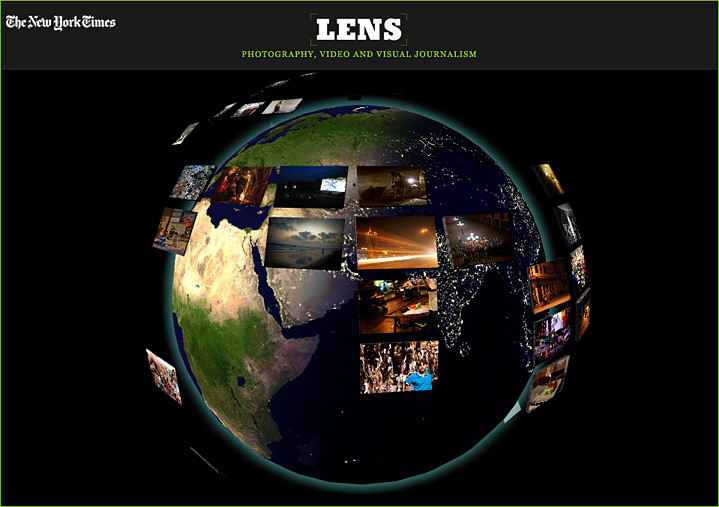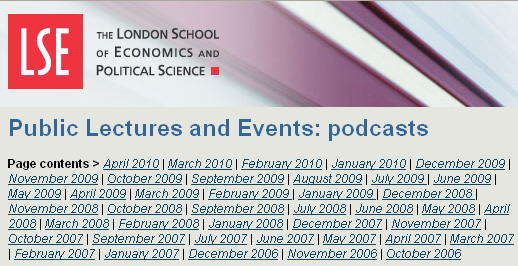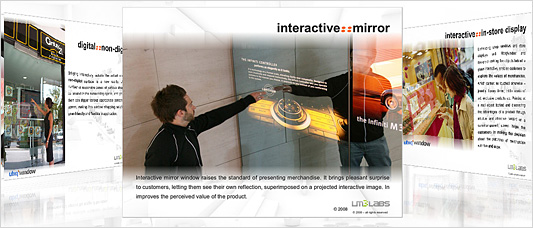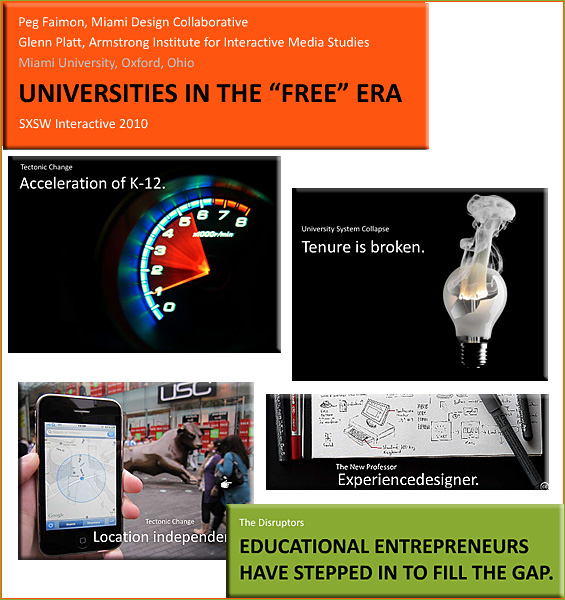Start-ups, not bailouts — Thomas Friedman, NY Times
What is worrisome about America today is the combination of cutbacks in higher education, restrictions on immigration and a toxic public space that dissuades talented people from going into government. Together, all of these trends are slowly eating away at our differentiated edge in attracting and enabling the world’s biggest mass of smart, creative risk-takers.
It isn’t drastic, but it is a decline — at a time when technology is allowing other countries to leverage and empower more of their own high-I.Q. risk-takers. If we don’t reverse this trend, over time, “we could lose our most important competitive edge — the only edge from which sustainable advantage accrues” — having the world’s biggest and most diverse pool of high-I.Q. risk-takers, said Mundie.
…
We need health care, financial reform and education reform. But we also need to be thinking just as seriously and urgently about what are the ingredients that foster entrepreneurship (emphasis DSC) — how new businesses are catalyzed, inspired and enabled and how we enlist more people to do that — so no one ever says about America what that officer says to Tom Cruise in “Top Gun”: “Son, your ego’s writing checks your body can’t cash.”
From DSC:
Curriculum-wise, assignment-wise, project-wise…what are those things that we can integrate into our courses that can help students be more creative in their thinking, better problem-solvers, and the type of students who don’t need to be spoon fed with every last detail of the assignment?












